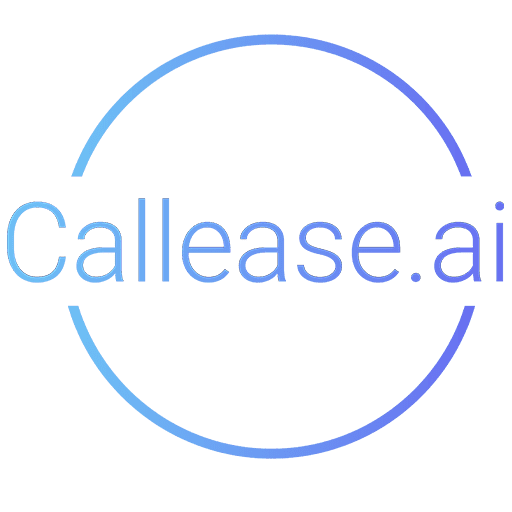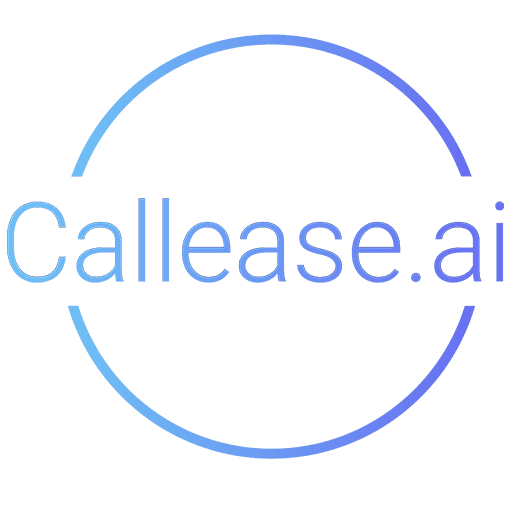Artificial Intelligence (AI) has become a cornerstone of modern technology, revolutionising various aspects of business operations. One area where it has made a significant impact is customer interaction, particularly through AI calling. What was once considered science fiction is now a reality, transforming how businesses manage customer interactions, improve customer satisfaction, and optimise call center operations.This blog will delve into why AI calling is the future, how AI tools like natural language processing, machine learning, and predictive analytics are redefining contact centers, and why this technology is more than just a novelty—it’s a strategic advantage for businesses aiming for operational efficiency and business growth.
Why AI Calling is the Future
AI calling combines the power of artificial intelligence, speech recognition, and machine learning to create seamless, automated, and efficient customer experiences. This technology is reshaping call center environments and offering businesses tools to enhance customer service, automate routine tasks, and extract valuable insights.Key Factors Driving AI Calling
- AI’s Ability to Handle Routine Inquiries AI systems excel at managing routine tasks, such as handling customer inquiries about order statuses, service information, or billing. This allows businesses to free up call center agents for more complex issues that require human interaction.
- Cost Efficiency By automating repetitive tasks, businesses can significantly reduce operational costs. This includes:
- Lower staffing costs in contact centers.
- Improved efficiency in managing sales calls and ad campaigns.
- Reduced need for center managers to micromanage call center operations.
- 24/7 Availability Unlike human agents, AI systems can operate round-the-clock, ensuring customers have access to support anytime. This is particularly useful for businesses serving global customers across different time zones.
- Personalised Interactions Through analysing past interactions and customer data, AI tools can provide personalised service tailored to individual preferences. Whether it’s AI cold calling or responding to customer queries, these systems ensure each interaction feels unique.

How AI Calling Transforms Customer Interactions
The power of AI tools lies in their ability to process spoken language and deliver data-driven insights. These tools are improving center operations by bridging the gap between automation and personalisation.1. Streamlining Call Center Operations
AI calling systems streamline the way call center features operate. By integrating virtual assistants and conversational AI, businesses can:- Automate repetitive tasks, such as appointment reminders or account updates.
- Provide self-service options for routine inquiries.
- Offer real-time insights into key performance metrics.
2. Enhancing Customer Satisfaction
AI calling enhances customer satisfaction by providing faster resolutions and more accurate information. With advanced AI, businesses can handle higher volumes of customer conversations without compromising quality.Example:
A contact center AI system can:- Instantly retrieve previous interactions to address ongoing concerns.
- Use predictive analytics to anticipate customer needs.
- Collect customer feedback to refine processes.
3. Personalised and Predictive Interactions
By leveraging machine learning and data security measures, AI systems ensure customer interactions are both secure and effective. These systems:- Predict customer needs using past interactions.
- Provide recommendations during sales processes.
- Adapt communication based on customer sentiment.
4. Improving Sales Strategy
AI tools are not limited to customer support—they’re also transforming sales teams and strategies. Through AI integration, businesses can:- Automate cold calling and improve response rates.
- Optimise sales calls by analysing customer queries in real time.
- Provide real-time insights for better decision-making during sales pitches.
Applications of AI Calling in Different Sectors
The versatility of AI calling makes it an asset across industries. Here’s how it’s being implemented:1. Customer Support
AI tools in customer support reduce reliance on human agents for routine inquiries. Whether it’s a contact center or a call center environment, AI handles repetitive queries like password resets or payment confirmations efficiently.2. Healthcare
In healthcare, AI calling systems:- Schedule and confirm appointments.
- Provide reminders for medication or follow-ups.
- Collect feedback on patient experiences.
3. E-commerce
E-commerce businesses use contact center AI to:- Automate order tracking and returns.
- Provide updates on delivery statuses.
- Enhance customer conversations with personalised recommendations.
4. Financial Services
Banks and financial institutions deploy AI solutions to:- Send reminders for loan repayments or due bills.
- Answer questions about account balances or transaction histories.
- Offer self-service options for credit card applications.

The Role of AI Tools in Enhancing Contact Center Efficiency
AI tools like conversational AI, speech recognition, and predictive analytics are transforming call center agents into highly effective teams. Here’s how:- AI Integration for Seamless Operations By integrating AI into center operations, managers can:
- Track key performance indicators with ease.
- Analyse data to improve agent performance.
- Optimise workflows for higher productivity.
- Data-Driven Insights AI calling systems collect and analyse data from customer interactions, providing valuable insights into:
- Common pain points in customer journeys.
- Areas for improvement in call center features.
- Trends in customer sentiment over time.
- Robust Security Measures Modern AI systems prioritise data security, ensuring sensitive information remains protected. Features like voice authentication add an extra layer of protection during customer interactions.
Challenges in Implementing AI Calling
Despite its advantages, implementing AI solutions requires careful planning to overcome potential challenges:- Balancing Human Interaction While AI excels at automating tasks, certain complex issues still require the empathy and critical thinking of human agents. A balance must be struck between automation and personalised service.
- Ensuring Accuracy AI systems depend on accurate data. Poor-quality data can lead to errors in responses, negatively affecting customer experience.
- Building Trust Customers may feel uneasy interacting with machines, especially for sensitive matters. Businesses must be transparent about using AI and offer easy escalation to human agents when needed.
Future Trends in AI Calling
The future of AI technology in customer interaction is promising, with several advancements on the horizon:- Conversational AI with Emotional Intelligence Future systems will recognise emotional cues in spoken language, enabling them to adapt responses based on customer moods.
- Proactive Interactions AI tools will initiate conversations, such as notifying customers of potential service disruptions or suggesting new products based on purchase history.
- Enhanced Multilingual Support Advanced speech recognition will enable AI systems to handle a wider range of languages and dialects, improving inclusivity.
- Integration with CRM Systems By integrating with customer relationship management (CRM) platforms, AI systems will deliver even more personalised interactions and real-time insights.
Why Businesses Need to Embrace AI Calling Today
AI calling is no longer an optional enhancement—it’s a necessity for businesses aiming to stay competitive. Here’s why:- Higher Customer Satisfaction: By addressing customer needs quickly and accurately, AI tools boost loyalty and retention.
- Improved Sales Processes: AI-driven insights help sales teams refine their approaches and close deals more effectively.
- Enhanced Efficiency: By automating routine tasks, businesses can focus resources on strategic growth areas.








